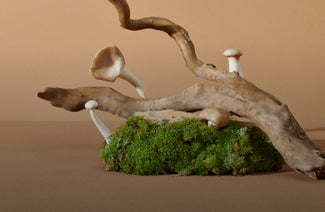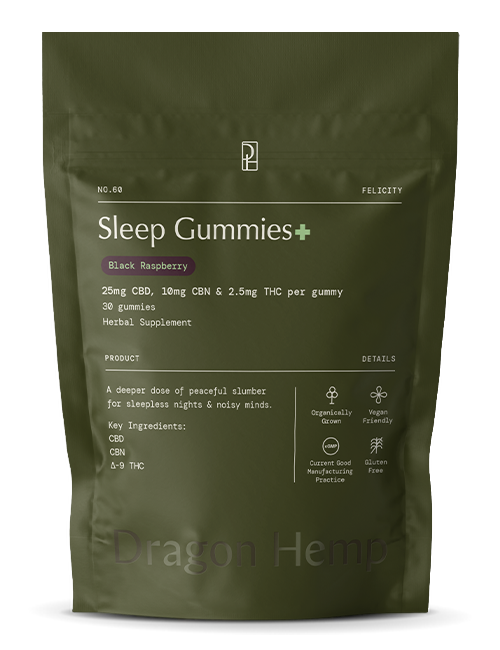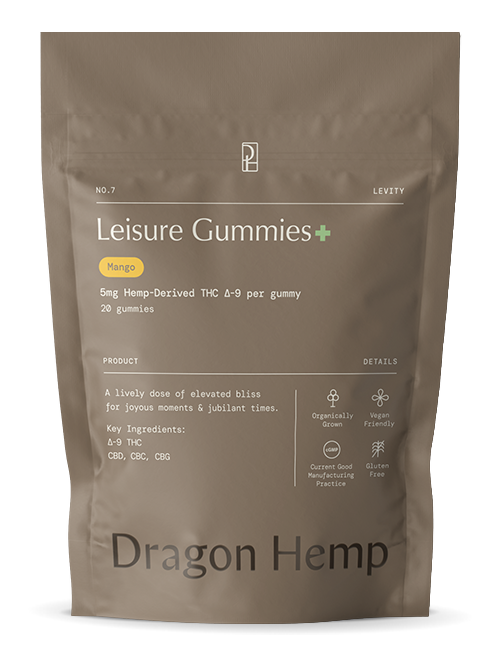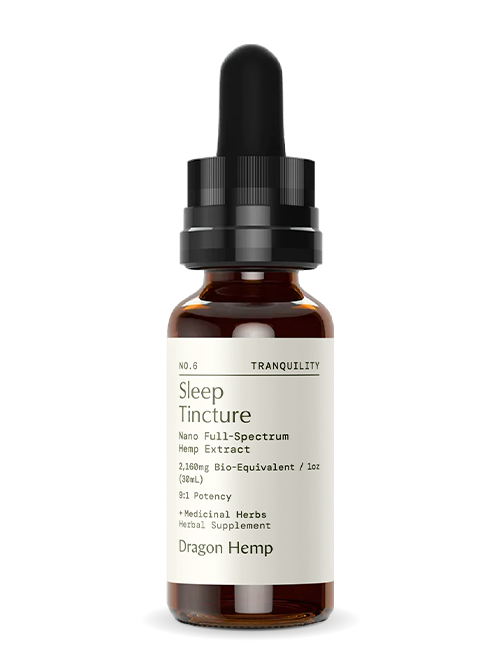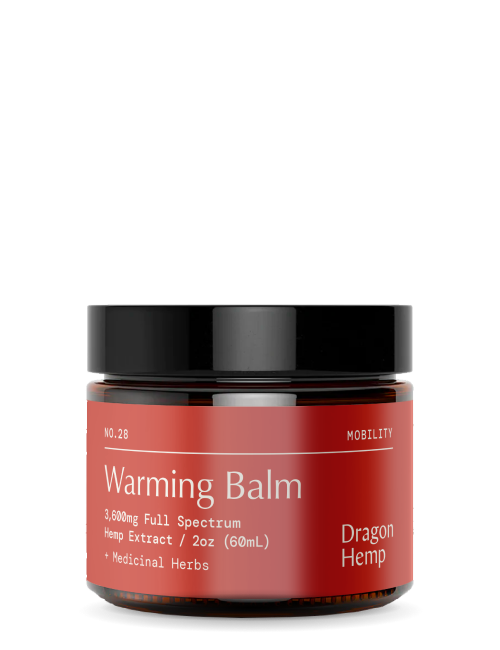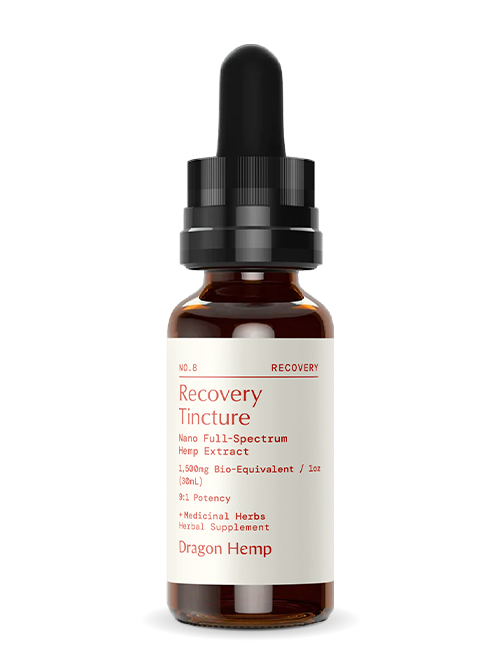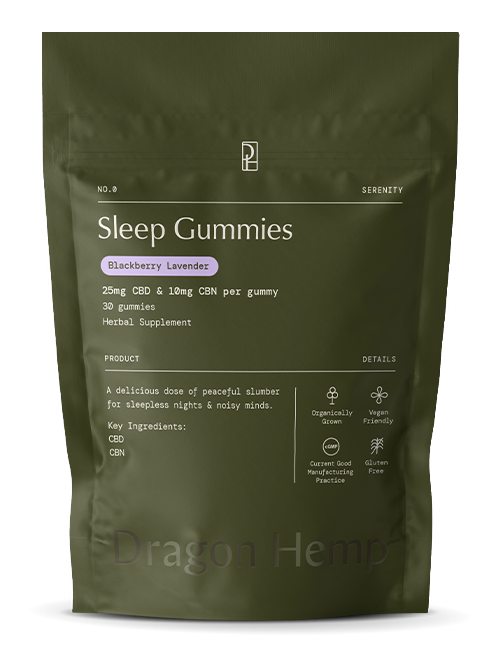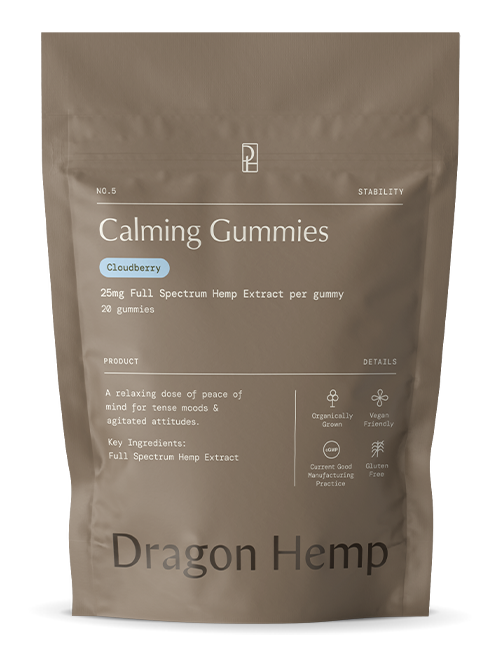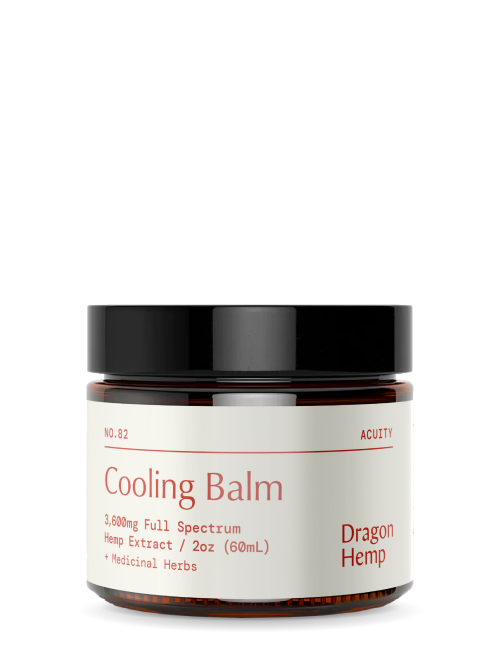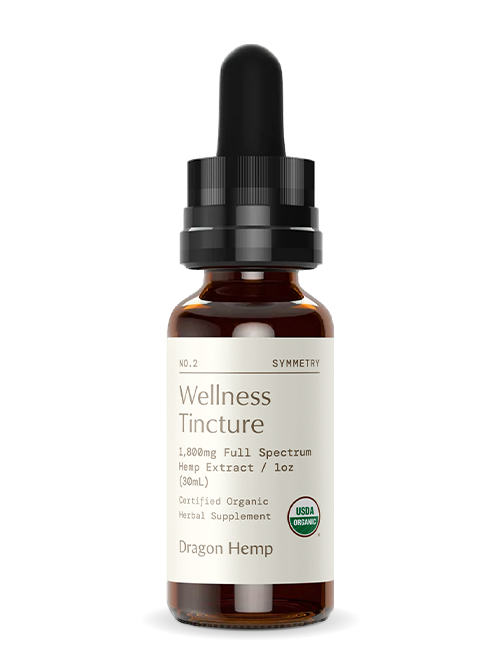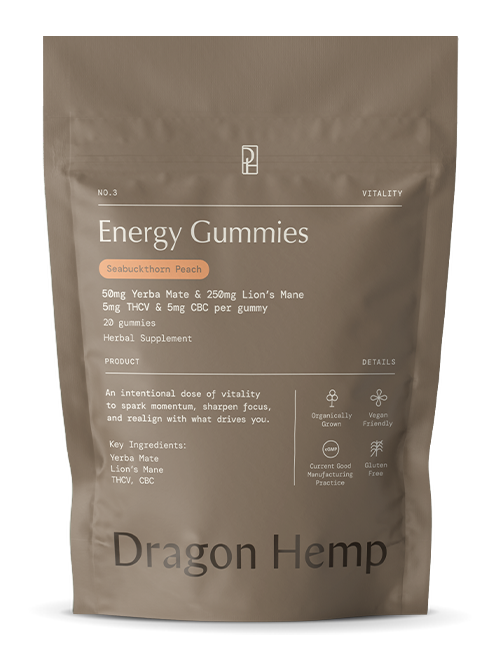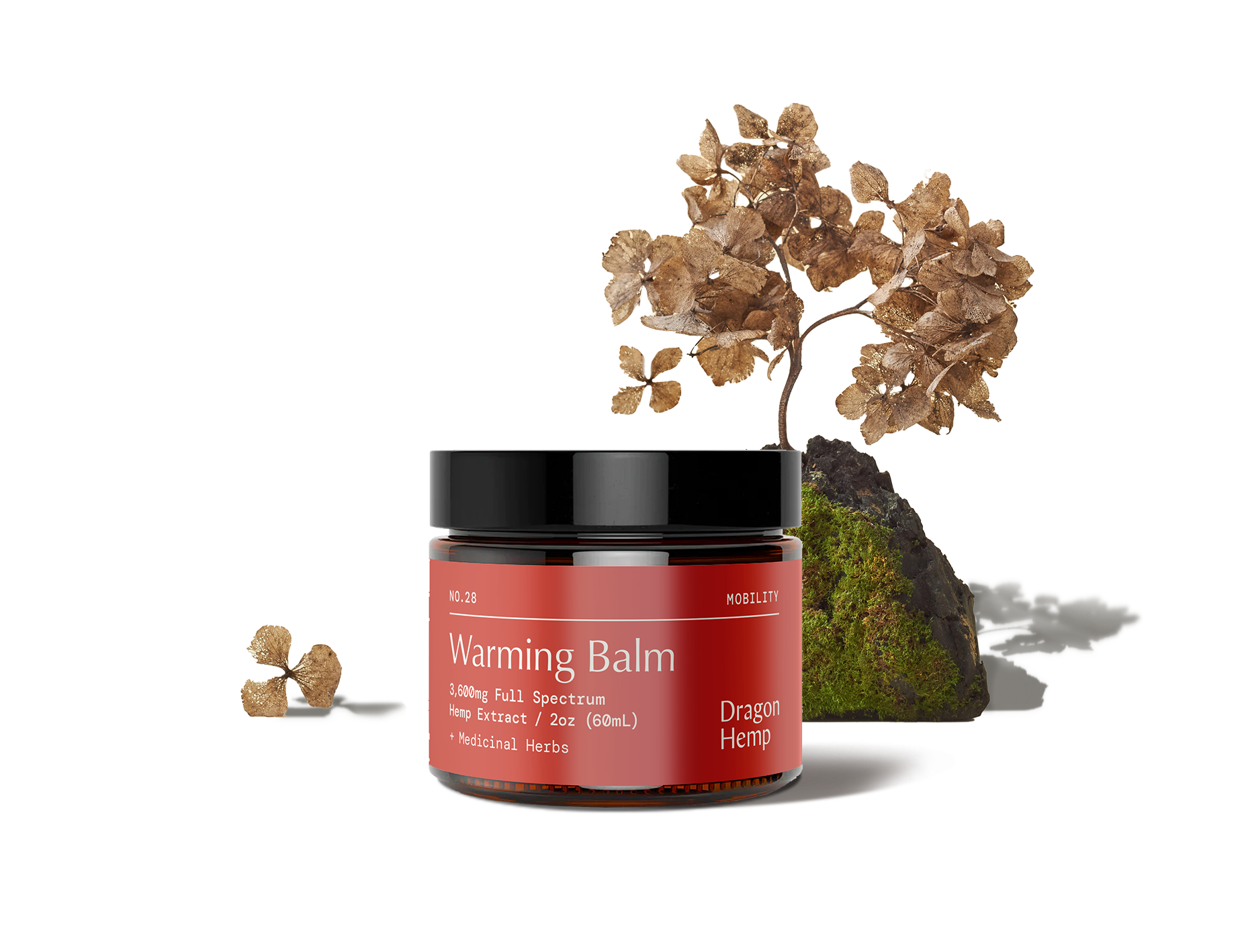
Benefits of THCV for Anxiety
A major piece of the legislative shackles that illegalized cannabis fell off on December 20, 2018, when the 2018 Farm Bill became law. Besides permitting hemp farming, it created space for more research into cannabis.
As a result, the pharmacological effects of this special plant have come to light. Indeed, in recent years, cannabis has been having quite a moment as its medical significance becomes more apparent.
Thanks to advances in science and tech, we are more informed about the constituent components that make cannabis such a unique herb. From the better-known ∆9-THC and CBD to the lesser-known THCV, our understanding of these compounds are undoubtedly a notch higher.
Forgetting about the buzz that CBD has been generating lately, THCV is a novel cannabinoid currently attracting much attention. Discovered over five decades ago, research on this rare cannabinoid has yielded informative insights on its potential health benefits.
In this article, we tell you more about THCV. In particular, we explain how it can help calm tense nerves and make you more functional.
Key takeaways
- THCV is a minor phytocannabinoid that differs from ∆9-THC only in the length of its alkyl chain (3 versus 5 carbon atoms).
- It displays variable tendencies at the CB receptors, mainly in a dose-dependent manner.
- THCV has many potential health benefits but is acknowledged chiefly for appetite suppression and energy metabolism.
- Its side effects are unknown, but this does not mean it does not have any.
- Hemp-derived THCV is federally legal, but its legality is ambiguous across the states.
What is THCV?
THCV stands for tetrahydrocannabivarin – a rare phytocannabinoid that is attracting quite some attention from the scientific community. Actually, its full name is delta-9-tetrahydrocannabivarin (∆9-THCV).
As its name suggests, it is quite similar to ∆9-THC, differing only in the length of the lipophilic alkyl chain. ∆9-THC’s alkyl chain has five carbon atoms, while THCV’s has three. For this reason, THCV is a propyl analog of ∆9-THC.
But that is not where the differences stop. THCV has a different pharmacological profile compared to ∆9-THC. This is due to its interaction with various molecular targets in the body. But more on this later.
As a minor cannabinoid, THCV typically exists in low concentrations, mainly in Sativa strains. Some THCV-rich strains are found in Western and Southern parts of Africa. Even in these, the THCV levels range between 0.5% and 5%. This makes its extraction cost-prohibitive, so manufacturers prefer synthesizing THCV from hemp CBD.
The chemistry involved in its artificial synthesis is complex and also opens doors for impurities. So, there is a need to be keen with THCV products as manufacturers are sometimes not even aware of the contaminants in them.
Does THCV get you high?
Do you recall we said THCV and ∆9-THC share some similarities? Well, one area where they have a shared attribute is psychoactivity. This is the ability of a substance to induce mind-altering effects.
THCV is essentially non-psychoactive, but you would have to take it in large doses to get “high.” Users generally describe its “high” as “fast-acting, more focused and euphoric” as opposed to ∆9-THC’s rather intense “high.”
However, it does not last as long as the conventional “high” ∆9-THC gives. Users claim it only lasts half as long, and this could be because THCV does not bind as strongly to cannabinoid receptors as ∆9-THC.
In low doses, THCV exhibits no psychotropic effects. In fact, it even mitigates the “high” that ∆9-THC produces. This interesting phenomenon makes researchers think that THCV’s effects are largely dose-dependent, as is typical with cannabinoids.
Cannabinoids like CBD and ∆9-THC have an inverted U-shaped dose-response curve because their effects are dose-dependent. For example, lower doses of ∆9-THC are usually beneficial and may help alleviate pain, insomnia, inflammation, anxiety, etcetera.
However, at higher doses, most people experience negative effects such as paranoia, hallucinations, panic, slower reaction times, etcetera. This biphasic effect has been the focus of many scientific inquiries, with researchers still unsure of what causes this variability.
Nonetheless, it has created a popular maxim in the cannabis industry – that “more is not always better.” It is a vital piece of advice that cannabis users would do well to heed if they want to enjoy its healing powers.
What is the difference between THC and THCV?
Even though both cannabinoids originate from the same precursor, they have different psychological and behavioral effects. But why is this?
In order to understand the differences between THCV and ∆9-THC, we have to focus primarily on their interactions with receptors. Of major importance are the CB1 and CB2 receptors.
These receptors predominate the human endocannabinoid system (ECS) and are mainly located in the central and peripheral nervous systems. The ECS is a neuromodulatory system that regulates behavioral, and emotional responses and social interactions.
As a result, manipulating the ECS has become crucial in managing severe health problems of the CNS and other health areas. Indeed, in recent years, components of the ECS and its pathways have become therapeutic targets for attenuating the symptoms of CNS diseases like autism and epilepsy.
∆9-THC binds strongly to CB1 and CB2 receptors, which explains its characteristic intense effects like psychoactivity. However, THCV is mostly non-psychoactive, an inverse CB1 agonist/neutral antagonist, and can act as a CB2 receptor agonist/antagonist in a dose-dependent manner.
For this reason, scientists maintain that THCV can ease some of the psychoactive effects of ∆9-THC. However, the exact mechanism of how it neutralizes ∆9-THC’s effects is still unclear.
Beyond the ECS, more evidence suggests that THCV can activate non-cannabinoid receptors like 5-HT1A to induce an antipsychotic effect. This has potential therapeutic implications for managing the symptoms of schizophrenia.
Moreover, its interaction with various transient receptor potential (TRP) ion channels, e.g., TRPV2, is suspected of contributing to the anti-inflammatory, antioxidant, and analgesic effects of cannabis extracts.
THCV also displays anticonvulsant and antiepileptiform attributes, suggesting it may have potential therapeutic benefits in treating pathophysiologic hyperexcitability states like drug-resistant epilepsy.
Also, while ∆9-THC is a known appetite enhancer, THCV appears to suppress appetite instead. This is because it is an inverse CB1 agonist. This is a property of cannabinoids to activate a particular receptor but trigger an opposite effect.
What is THCV typically used for?
For all its potential health benefits, THCV’s most known applications are in appetite control and mental focus/clarity.
Since it binds to the CB1 receptor like ∆9-THC, formulations with high ratios of THCV:THC tend to produce an effect users describe as “energetic, focused, clear-headed, euphoric and uplifting.”
Perhaps, it is because it antagonizes some of ∆9-THC’s negative effects that THCV:THC combinations give such an experience.
As mentioned earlier, its ability to shut down the CB1 receptor (antagonist) may explain its appetite-suppressing property. Moreover, there is evidence that THCV may increase energy expenditure, enabling users to burn more calories.
These two properties make THCV a popular option for people seeking to lose weight.
What are the potential benefits of THCV for anxiety?
New studies support the role of cannabinoids in regulating mood and modulating the release of neurotransmitters.
This is largely due to their effects on the CB1 receptor, which, among other things, influences the levels of hormones involved in stress and emotional anxiety. For clarity, these hormones include cortisol, serotonin and dopamine.
It appears THCV may also offer anxiolytic effects. The findings of a laboratory test concluded that THCV “can reduce or even block panic attacks” and could be effective in managing mental disorders involving stress and anxiety.
How it fares compared to other cannabinoids like CBD in reducing anxiety is unclear. But many THCV users claim they feel “calm” after taking it. It is also worth adding that THCV is psychoactive but in a completely different manner.
Its “high” is often described as “uplifting and motivating,” and in the context of anxiety, this is definitely a plus. As such, in stressful moments, THCV may provide the relief you seek.
What are the potential THCV side effects?
Properties such as appetite suppression make THCV an appealing option for people seeking a more natural way to lose weight. But these attributes may also be downsides for persons with conditions like anorexia.
On the whole, THCV’s adverse side effects remain unclear. It is possibly safe for adults when taken orally for up 13 weeks, beyond which the side effects are unknown.
For pregnant and breastfeeding moms, there is a lack of reliable information on its potential effects on the unborn or infant. So, as always, such people are advised to avoid using THCV or other cannabinoids, for that matter.
But if you are not on any medication and are healthy, bar a disturbing tendency to suffer nervous breakdowns, THCV is worth a try.
What is the best way to try THCV for anxiety?
THCV can be consumed in many forms. Inhalation remains one of the most popular ways to consume cannabinoids. The good news is that modern devices like vape carts and pens can help you inhale THCV safely.
These have the added advantage of eradicating smoke which can contain toxic compounds.
You can use THCV with edibles, extracts, and oils. Obviously, by now, you are aware that the method of administration dictates your experience of cannabinoids.
If you are prone to anxiety and get attacks frequently, you may find edibles more beneficial. That is because the effects tend to last longer compared to other methods, such as inhalation.
However, if your panic attacks are usually a one-time thing, you could consider inhalation. This method allows you to absorb the highest quantity of bioactive ingredients into your systemic circulation. What’s more, the effects also kick in quickly, so you can get the relief you need ASAP!
Oils are also great and work in a similar fashion to inhales. With oils/tinctures, the sublingual method is usually the best as it allows maximum absorption via the network of capillaries under the tongue. With this method, the effects can be felt within 10-30 minutes, so it is definitely a method you can try.
Is THCV legal?
If you have heard about the 2018 Farm Bill, then you know that it legalized hemp in the US. More importantly, any compound derived from hemp is equally legal, so THCV is completely legal.
However, the hemp matter from which it is derived must not have more than 0.3% ∆9-THC content by dry weight.
That said, it is good practice to research hemp laws in a state you plan to visit. That is because cannabis laws vary by state and are characterized by peculiar nuances that dictate various aspects of the usability of hemp products.
Conclusion
Despite the promising therapeutic benefits of THCV, apart from CBD, cannabinoids have not been approved for medical use. Certain medications like dronabinol and nabilone contain THC as an ingredient, but so far, cannabinoids remain an area of study.
Moreover, most of these studies are conducted on non-human models. Therefore, it remains to be seen if they can be replicated in people. Until such studies can validate these early findings, use cannabinoids with extra caution.
Where to buy THCV gummies online
Overall, THCV may be an option worth considering for people seeking the healing power of cannabinoids. It can potentially reduce anxiety if the “calming” claims of many of its users can be relied on.
So, if you think THCV may give you the relief you want on a particularly stressful day, we vouch for these THCV-enriched gummies from Dragon Hemp. For a more uplifting experience, try these Energy Gummies made with CBC and THCV cannabinoids. They are designed to boost your energy levels while keeping cravings low to allow you to focus on your goals.
You can also try these Focus Gummies if you want to take your concentration a notch higher. These delicious edibles are made with THCV and Lion’s Mane extracts to improve cognitive function and keep cravings at bay.
Feel like yourself again.
Peruse our collection of plant-based therapeutics blending time-honored herbal remedies with next-generation cannabinoid extracts.


